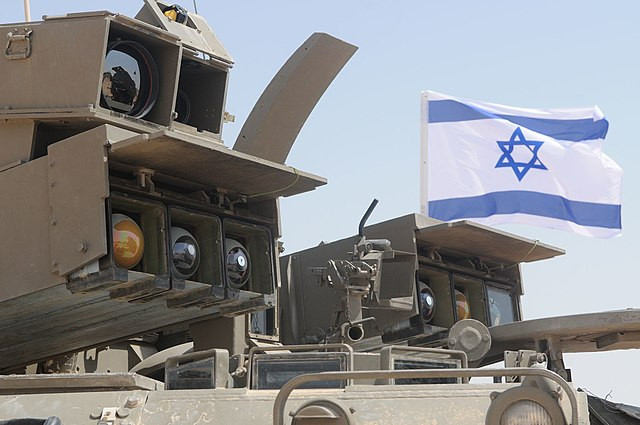Israeli tanks moved into the occupied West Bank on Sunday for the first time in over two decades, marking an escalation in military operations that officials say will continue for at least a year. Defense Minister Israel Katz said troops would remain in areas previously held by Palestinian refugees and that tens of thousands of displaced residents would not be allowed to return.
"We will not allow the return of residents, and we will not allow terrorism to return and grow," Katz said. Prime Minister Benjamin Netanyahu added that Israeli forces would stay "as long as needed."
The tanks were seen advancing into Jenin, a stronghold of armed Palestinian resistance, as part of an ongoing crackdown following a series of attacks on Israeli forces. Israel has intensified operations across the West Bank since launching an offensive in the northern region on January 21, just two days after a ceasefire took effect in Gaza.
Palestinian officials denounced the deployment, calling it a "dangerous escalation." The Palestinian foreign ministry urged the international community to intervene, characterizing Israel's military action as illegal. "Even if they stay, we will return to the camp at the end," said Mohamed al-Sadi, a displaced resident of Jenin. "This camp is ours. We have no other place to go."
The last time Israel sent tanks into the West Bank was in 2002, during the Second Intifada, a period of heightened violence between Israeli forces and Palestinian militant groups. The latest operations, according to Israeli officials, are aimed at preventing further militant activity in refugee camps that have become centers of resistance.
The United Nations has estimated that about 40,000 Palestinians have fled their homes in the affected areas. The camps, which house descendants of Palestinians displaced in earlier wars with Israel, have been largely emptied of residents since the latest Israeli military actions began.
Katz has instructed the military to prepare for a long-term presence in the urban refugee camps, with a strategy focused on dismantling militant networks. While Israel claims its operations target armed groups, Palestinians view the raids as part of an effort to solidify Israeli control over the West Bank, where three million Palestinians live under Israeli military rule.
The latest escalation comes amid fragile ceasefire negotiations between Israel and Hamas. A temporary truce led to the release of six hostages by Hamas on Saturday in exchange for more than 600 Palestinian prisoners. However, tensions remain high, with Netanyahu stating that 63 hostages are still in captivity, including the remains of a soldier captured in 2014.
The ongoing conflict traces back to the Hamas-led attack on southern Israel on October 7, 2023, in which more than 1,100 people were killed and approximately 250 hostages were taken. Israel responded with military strikes and ground operations in Gaza, which have since expanded into the West Bank.




